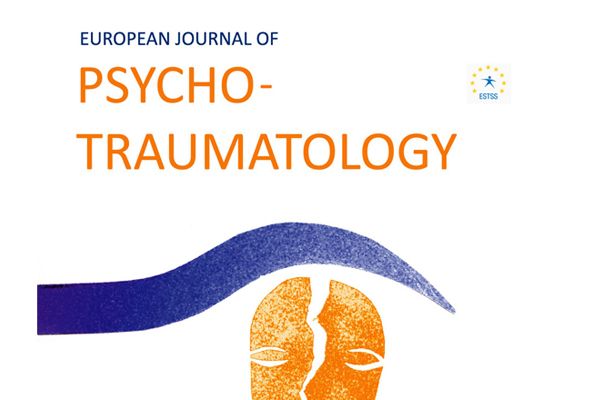1 maart 2021
European Journal of Psychotraumatology
Marylene Cloitre
https://doi.org/10.1080/20008198.2020.1866423
Abstract:
Background: The World Health Organization (WHO) ICD-11 now includes a distinction between the diagnoses of PTSD and complex PTSD (CPTSD). Several studies have indicated that this distinction is reliable and valid across various treatment services, communities and nations. An important next step is to determine to what extent this distinction will translate into clinical benefits. Investigations of treatment interventions and delivery strategies that have the potential to optimize outcomes for patients with ICD-11 PTSD and CPTSD while conserving clinical resources are needed.
Objective: To (i) provide an up-to-date overview of the evidence supporting the ICD-11 PTSD and CPTSD diagnoses across different countries and cultures, (ii) identify differential predictors of treatment success, and (iii) describe innovative approaches to developing and testing treatments for individuals with CPTSD versus PTSD.
Method: Literature review and two meta-analyses of current psychotherapies for adults and predictors of efficacy will be presented.
Results: Over 40 studies across at least 15 different countries have consistently demonstrated the distinction between PTSD and CPTSD and replicated the key symptoms associated with each disorder (Cloitre et al., 2020). A case-based field study engaging approximately 1700 clinicians from 76 different nationalities indicated that clinicians across ethnicities and nationalities were highly accurate in diagnosing PTSD and CPTSD indicating ease of differential diagnosis (Keeley et al., 2016).
Two meta-analyses of current psychotherapies for adults revealed that history of childhood trauma was associated with less benefit for symptoms that comprise CPTSD including PTSD symptoms, emotion regulation difficulties, negative self-concept and interpersonal problems (Coventry et al., 2020; Karatzias et al., 2019). Interventions that included a trauma focus were most effective for PTSD symptoms but outcomes varied by subgroup with war-affected and veteran populations receiving less benefit (Coventry et al. 2020). Multi-component interventions that included two or more components were the most effective for treating PTSD symptoms and these approaches were found promising for the management of disturbances in self-organization.
Conclusions: It is suggested that treatment for both disorders follow a flexible multi-method, multi-intervention approach consistent with the goal of creating ‘personalized medicine’ (Cloitre, 2015). The inclusion of a trauma-focused intervention is a common factor in the most successful treatments for PTSD symptoms. It is expected that as compared to PTSD, CPTSD may require a longer course of treatment and/or benefit from a greater diversity or type of interventions which include a focus on disturbances in self-organization. The results also show the need for adaptations and tailoring of interventions based on ongoing stressors and type of chronic trauma (e.g. refugee versus childhood trauma).

Het European Journal of Psychotraumatology (EJPT) is een peer-reviewed, interdisciplinair wetenschappelijk tijdschrift dat deel uitmaakt van de European Society for Traumatic Stress Studies (ESTSS).
Het EJPT heeft als doel om wetenschappers, behandelaren en experts te betrekken bij de belangrijkste vraagstukken rond stress en trauma, waaronder individuele gebeurtenissen, herhaalde of chronische trauma's, grootschalige rampen en geweld.

